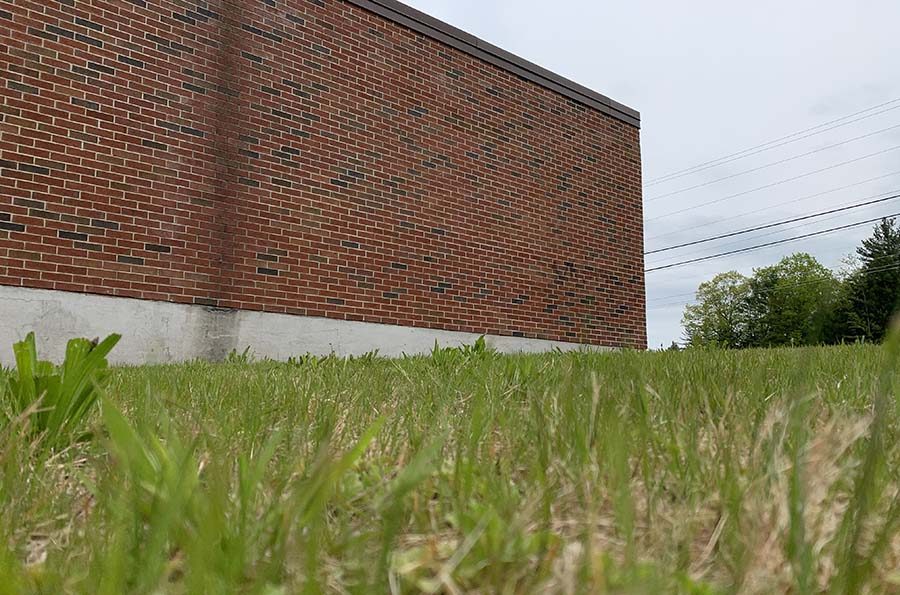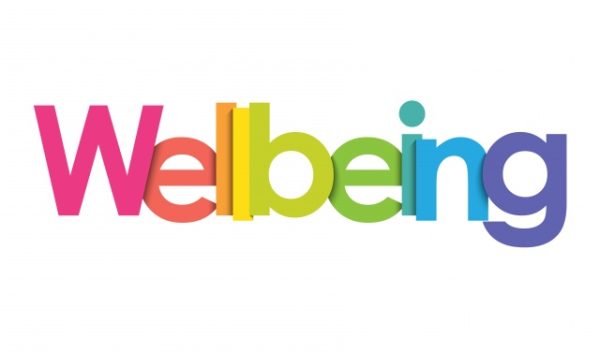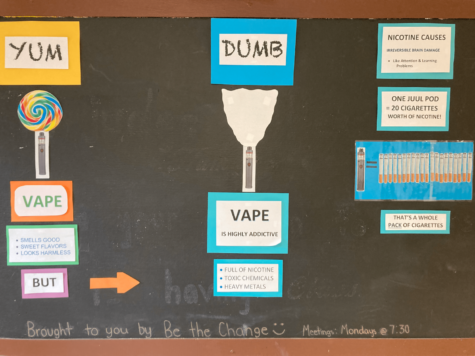Sexual Assault on College Campus
As May runs into June, many Goffstown High School seniors (and a few juniors!) will be graduating from our school and moving on to higher education with college. College is a time marked by pushing oneself to work harder, learn more, and explore adulthood for the first time for many college-bound students. Unfortunately, college has a darker side which many may already be aware of: the prevalence of sexual assault on college campuses.
To start, according to New Hampshire law, sexual assault is defined as sexual contact or behavior that occurs without explicit consent of the victim. This could range from unwanted touches to straight up rape. Beyond such actions includes sexual harassment which acts as an umbrella term to include unwelcome sexual advances, and other verbal or physical sexual actions towards someone else enough that it creates a harmful environment for the victim. The lines are blurry, but the fast and short of it is consent matters, and if you think what you’re about to do might cross the line, ask. An awkward moment is better than a lifetime of scars.
Now that we understand what is counted as sexual assault, is there really such a problem with it on college campuses? According to statistics, I would say yes. A survey from 2015 found that since entering college 27.2% of female and 5.5% of male undergraduate students had experienced sexual assault since entering college. That’s the same as every one in five women will be sexually assaulted before getting her bachelor’s. Not only that, but college aged women are also almost twice as likely to get sexually assaulted than robbed, which really puts priorities in order. Sadly, these numbers might even be an underestimate of the problem since 80% of female students don’t report rape and sexual assault to the authorities. That’s less than any other violent crime according the US Department of Justice.
All of this is saddening, but there are things we can do to help friends or family who are victims of sexual assault. First, and most importantly, listen. Be patient and talk to your friend without judgment. Focus on being there for the person and believe them when they come to you. If the person decides they want to get medical attention or report the crime, offer to be there to support them. Afterwards, encourage the friend to reach out and get support from the variety of resources that are out there, but understand only they can make the final decision to get help.
Through the Internet, finding resources for victims of sexual assault has never been easier. Some noteworthy ones include the Rape, Abuse & Incest National Network (RAINN), and the National Sexual Violence Resource Center (NSVRC). For people living in New Hampshire, the New Hampshire Coalition Against Domestic and Sexual Violence, and the local YWCA, but similar regional resources can be found across the United States.
People can also help prevent sexual assault from happening in the first place. One way is by stepping in if you see someone at risk. This is called “bystander intervention” and can come in many different forms depending on the situation and one’s own comfort level.
One way is by creating a distraction of some sort to interrupt the situation. This could be cutting off the conversation with a diversion, bringing out refreshments and giving them to everyone including the people in the situation, or starting an activity to draw people in. Another way is by getting in contact with an authority figure like a security guard or an employee about your concerns for the person and they can step in for you. If the situation ever starts going south, never hesitate to call 911 if you are concerned about a person’s safety.
If you feel comfortable doing so, talking directly to the person who you think is in trouble can always clear up a situation. This could be asking them “Who did you come here with?” or “Do you want me to stay with you?” Another way to directly intervene if things start looking bad is by pretending to be friends with the person in trouble and take them away from the situation. Fair warning, one doesn’t always guess the situation right and can lead to more visible misunderstanding, but for every couple of miffed people, there will be those incredibly grateful.
Not everyone is bold enough to do something like that, however, and trying to find ways to intervene can be scary to do on one’s own. Which is why finding another person to help you can aid in you helping someone else. This could be asking for backup when looking to approach the person at risk, asking someone who knows the person at risk to intervene in your place, or finding a friend of the person at risk and letting them know your concerns so they can help you figure it out.
Overall, the problem of sexual assault in our society is huge, and doesn’t stop at graduation, but that doesn’t mean we have to be okay with that fact. Together we can begin to take the first steps to erase sexual assault on our college campuses. By remembering the importance of consent, and not allowing to stay quiet when we see it happening, a little can go a long way to finding a solution.









